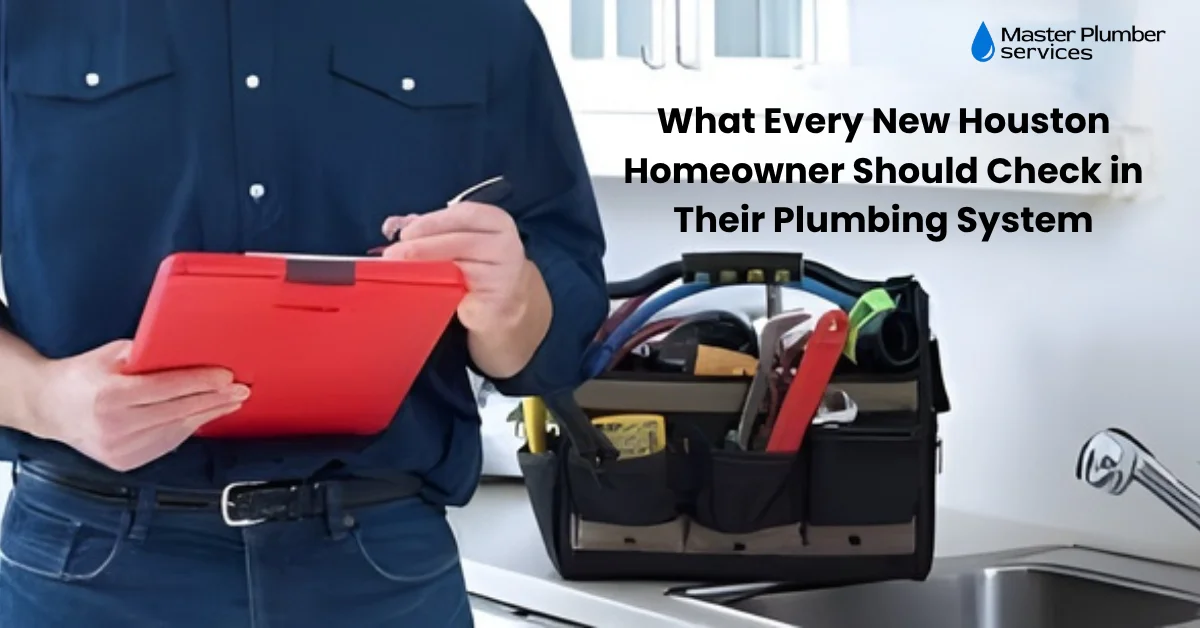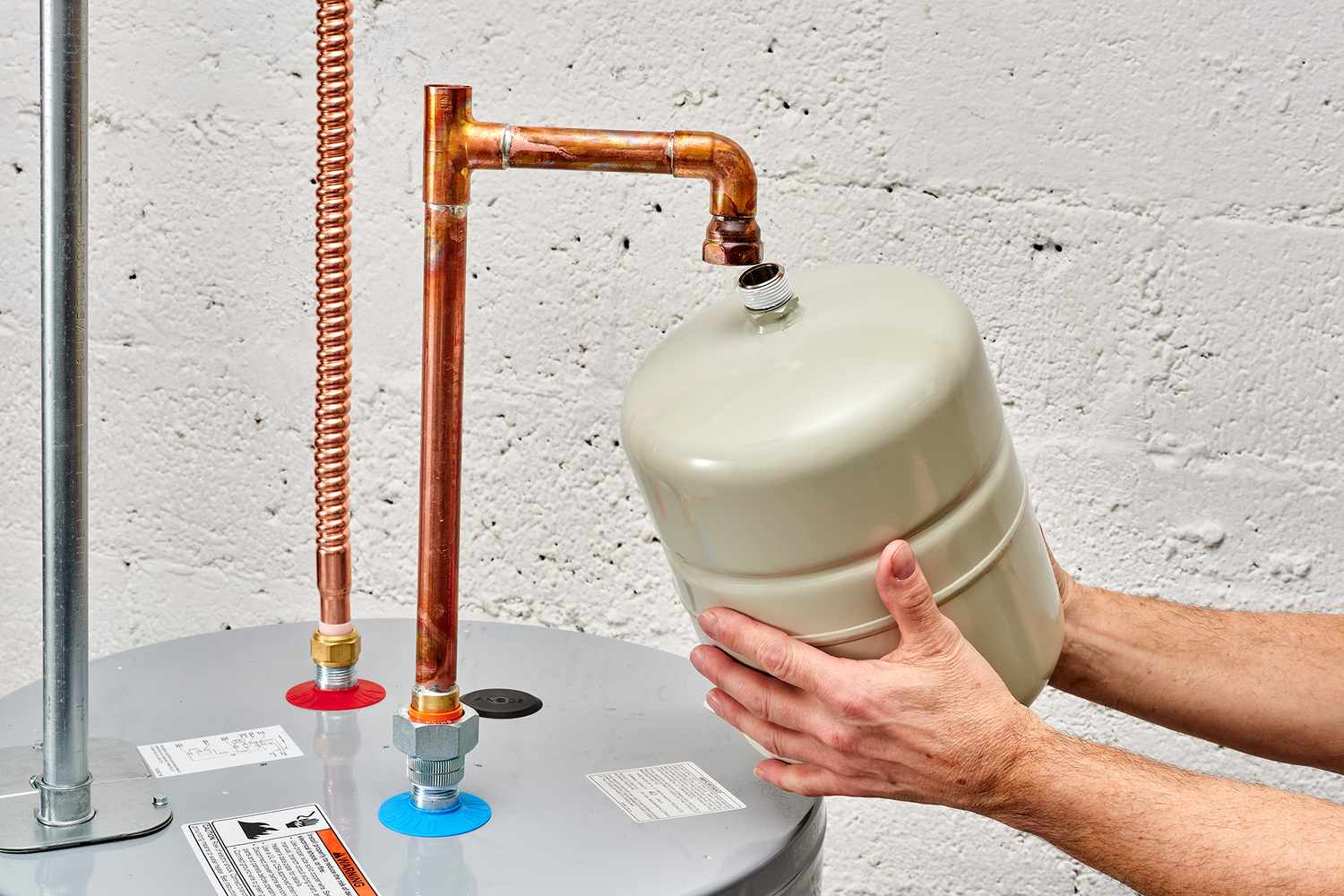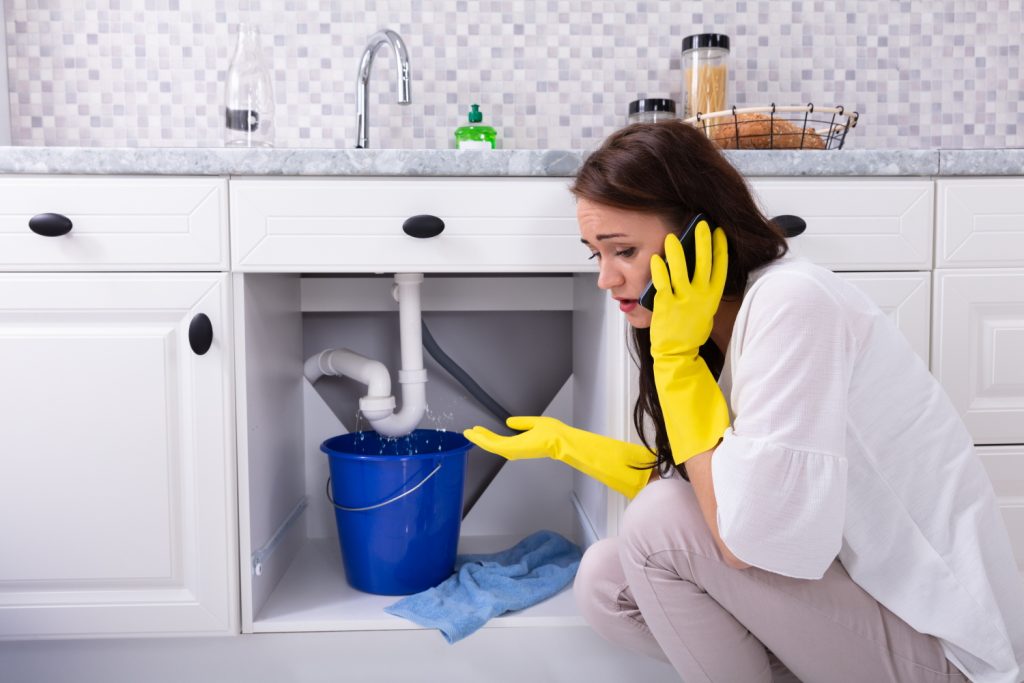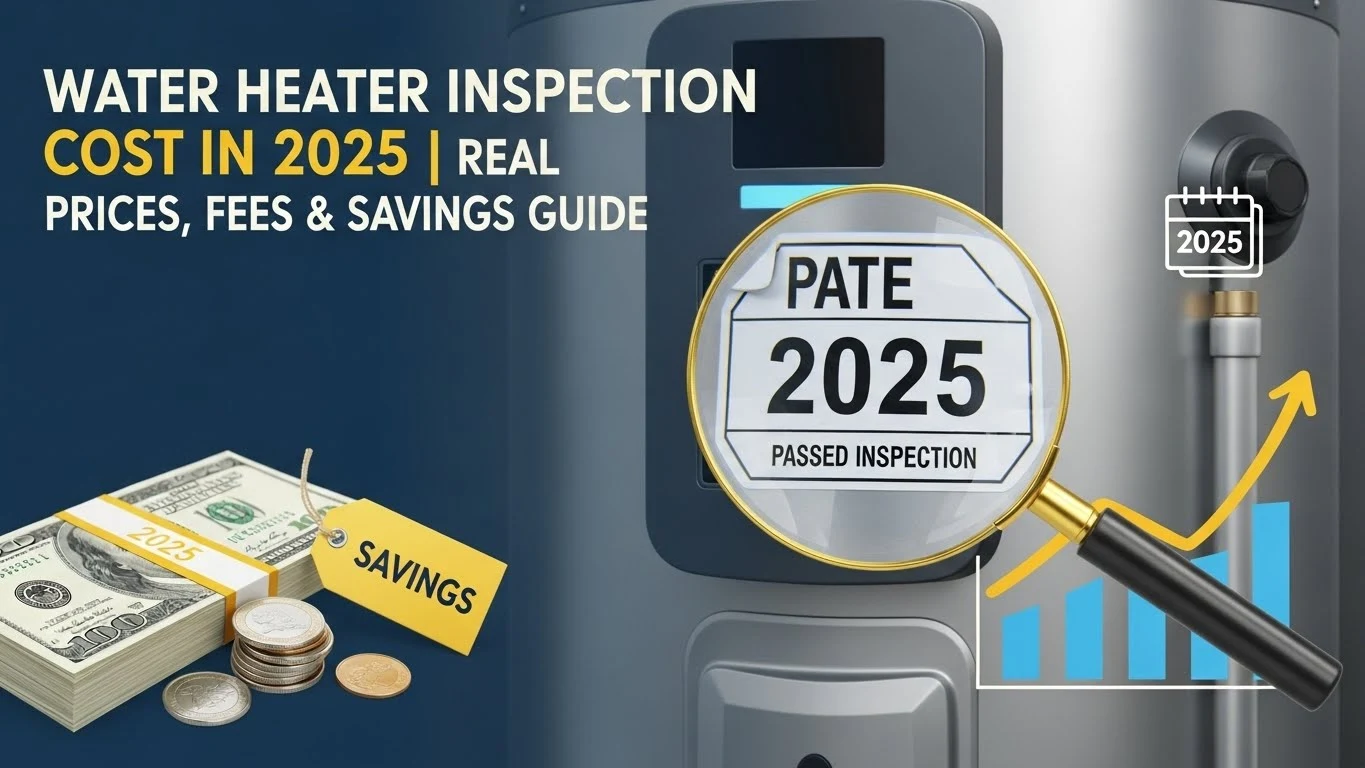Buying a home in Houston? Then your first task is making sure your plumbing system is functional, efficient, and code-compliant. Most new homeowners overlook plumbing inspections, which leads to costly repairs and hidden water damage just weeks after moving in.
We help homeowners make smart, informed decisions with expert plumbing guidance based on local Houston infrastructure conditions and Texas building codes. If you’re looking for expert help, check our residential plumbing services in Houston licensed, experienced, and locally trusted.
This guide is designed for first-time homeowners, people relocating to Houston, or anyone wanting a home plumbing inspection strategy. Now let’s start with why it matters.
Why Plumbing Inspections Matter for New Homeowners in Houston
Houston homes, especially older builds or flipped properties, often hide plumbing issues. The city’s clay-based soil and frequent flooding cause pipe shifting, underground leaks, and water line stress. If unnoticed, these issues can lead to structural damage or high water bills.
Many clients in Spring, Texas also face similar issues see our detailed page on plumbing in Spring.
Core Issues to Look For:
- Pipe corrosion or outdated materials (e.g., galvanized steel)
- Low or inconsistent water pressure
- Hidden leaks behind walls or underground
- Aging or sediment-filled water heaters
- Improper drainage or sewer backflow
Google prioritizes location-specific expertise that’s why we focus heavily on Houston-area plumbing standards and real-world problems that affect homes locally.
New Houston Home Plumbing Inspection Checklist
Below is a structured checklist covering all critical plumbing components. These inspections help prevent emergencies, support code compliance, and protect your long-term investment.
Inspection Table: What to Check Before Moving In
| Component | What to Check | Common Issue | Call a Plumber? |
| Water Pressure | PSI between 40–60 | Regulator issue | Yes |
| Main Shut-Off Valve | Accessible, functional | Valve corrosion | Yes |
| Sewer Line | Camera scope recommended | Root intrusion | Yes |
| Water Heater | Check for rust & age | Sediment buildup | Yes |
| Piping Material | Type: PEX, copper, galvanized | Aging or corrosion | Maybe |
| Drainage Flow | Slow draining | Blockages or clogs | Yes |
| Fixtures & Faucets | Visible leaks or rust | Water waste | No (unless major) |
These elements are essential for any new home plumbing check in Houston.
How to Inspect Plumbing Components in a New Houston Home
Water Pressure
Use a pressure gauge to test outdoor hose bibs. Ideal pressure: 40–60 PSI. Anything higher may damage pipes; lower means poor flow.
Main Shut-Off Valve
Every Houston homeowner should locate and test this valve. If rusted or inaccessible, replace it immediately.
Drainage and Backflow
Check how long sinks and tubs take to empty. Gurgling noises = air pockets or blockages. Read our guide on common plumbing problems at home to prevent blockages.
Water Heater
Houston’s hard water shortens heater lifespan. Inspect pressure relief valve, sediment, rust on the tank, and unit age. Units older than 10 years should be replaced.
Pipe Materials and Leaks
Identify if your home has PEX, copper, or galvanized pipes. Galvanized = outdated. Check visible areas for leaks or rust spots.
Houston-Specific Plumbing Problems
Houston’s climate and soil present unique risks:
1. Foundation Shifting
Clay soils swell and contract, moving underground pipes. Watch for unexplained water pooling or shifting water pressure.
2. Sewer Backups from Flooding
Houston’s stormwater system can’t always handle major rain. Homes in flood-prone zones must have backflow prevention valves.
When to Call a Licensed Houston Plumber
Some plumbing issues require expert diagnostics.
Hire a pro if you notice:
- Water pooling under appliances
- Sewer gas odors indoors
- Zero water pressure in one zone
- No hot water
- Valves you can’t close
If you’re in Houston or nearby, our residential plumbing services offer affordable, expert inspections and repairs with emergency service available.
Cost of Plumbing Inspections in Houston
| Service Type | Cost Range (Houston) | Notes |
| Visual Home Plumbing Check | $100 – $150 | Includes fixtures, valves |
| Full-System Diagnostics | $250 – $400 | Sewer scope, water heater |
| Drain & Sewer Line Scope | $200 – $500 | Required for older homes |
| Foundation Leak Detection | $300 – $600 | Optional but highly recommended |
Plumbing Maintenance Tips After Moving In
Keep your system healthy year-round:
- Flush water heater every 6 months
- Check visible pipes quarterly
- Use non-corrosive drain cleaners monthly
- Keep gutters and outdoor drains clear
- Label and test your main water shut-off
For more, bookmark our guide to preventing common plumbing problems at home
Conclusion
Master Plumber Services help Houston homeowners protect their investment by finding and fixing problems early. Our local team understands the plumbing risks unique to the area from hard water to foundation shifting. We offer full-service residential plumbing in Houston and surrounding areas like Spring, TX. Whether you’re a first-time buyer or relocating to the city, we’re here to keep your plumbing secure and code-compliant.
FAQs – Plumbing System Checks for New Houston Homeowners
Q1: What plumbing problems are common in Houston homes?
Pipe corrosion, water heater damage, and foundation-induced pipe shifting. Clay soil and water hardness in Houston increase risks of leaks, corrosion, and sewer backups.
Q2: How can I test water pressure in my new Houston home?
Use a hose-bib pressure gauge; 40–60 PSI is ideal. Consistent PSI within this range indicates healthy flow; anything outside may signal regulator or valve issues.
Q3: Should I inspect the sewer line before buying a house?
Yes, especially in older homes. Tree roots and pipe settling are common in Houston. A scoped sewer inspection is essential.
Q4: What kind of pipes should I look for in a Houston home?
PEX or copper preferred; avoid galvanized. Galvanized pipes corrode over time and may restrict water flow, especially in homes over 40 years old.
Q5: When should I call a plumber during the inspection?
If you find leaks, poor drainage, or aging components. Signs like water pooling, rusted valves, or sewer smells mean it’s time to call a licensed Houston plumber.






